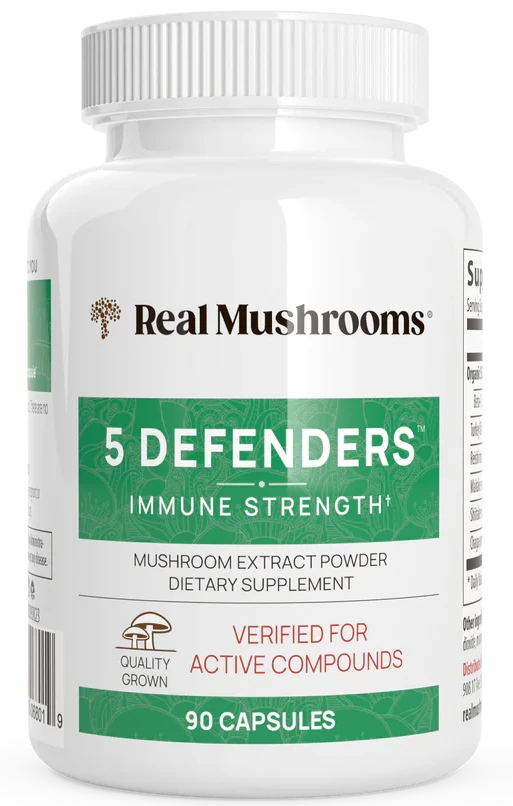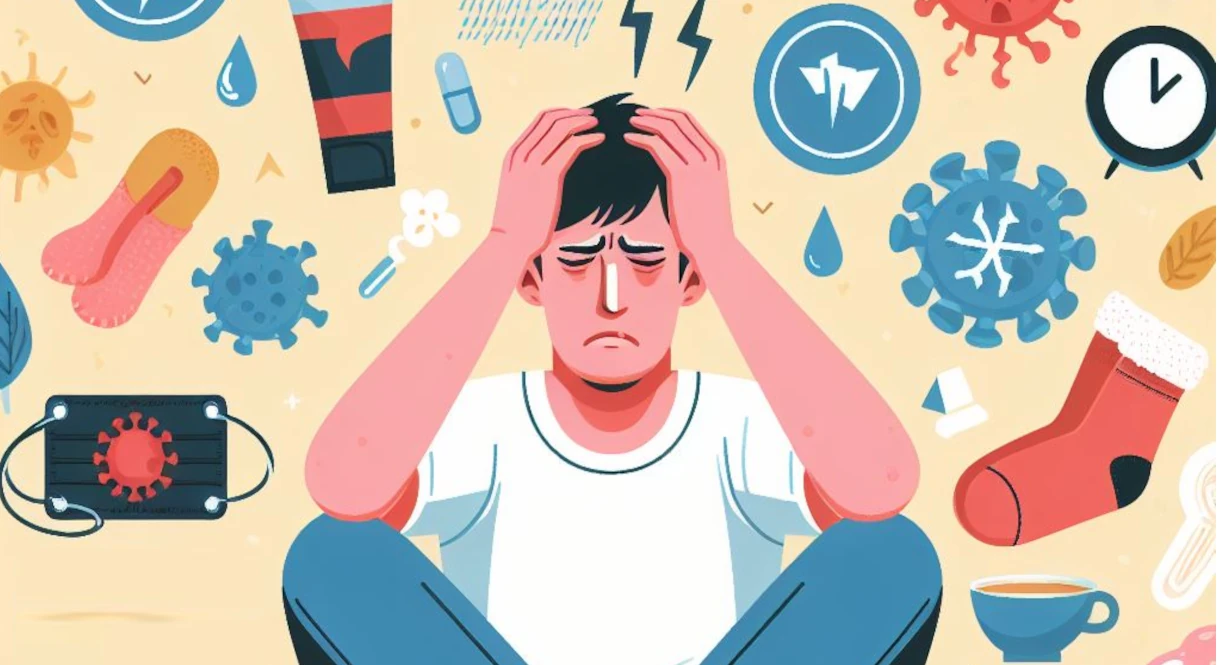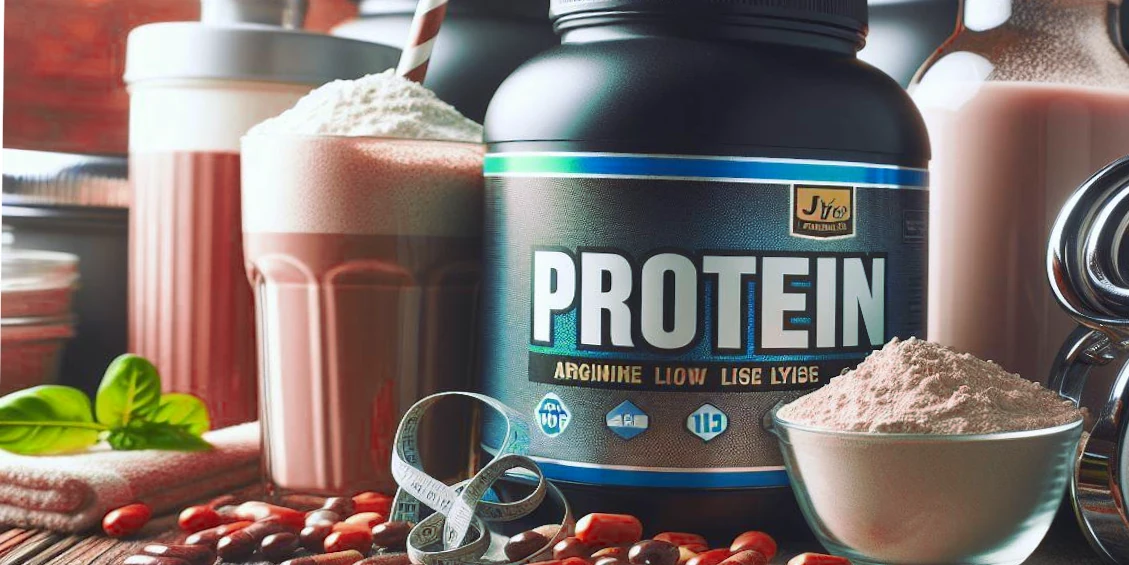Supplements That May Trigger or Worsen A Herpes Outbreaks
Herpes is a common viral infection that can cause painful sores on the mouth or genitals.
While there is no cure, certain dietary supplements can trigger outbreaks or interfere with antiviral medications.
One such supplement is L-Arginine, an amino acid that may promote the replication of the herpes virus.
Arginine is commonly found in many protein-rich foods, and in many supplements.
Most protein powders are also higher in arginine than lysine and should be avoided as they may trigger herpes outbreaks, although there are exceptions.
This websites contains affiliate links. As part of the Amazon Associates program, we may earn from qualifying purchases.
Supplements to Avoid with Herpes
When it comes to managing herpes, understanding the impact of certain supplements is crucial in preventing outbreaks and maintaining overall well-being.
Individuals with herpes should be cautious about specific supplements that have the potential to trigger outbreaks or interfere with antiviral treatments.
- L-Arginine: L-Arginine, an amino acid essential for various bodily functions, can unfortunately also stimulate the replication of the herpes virus.
It is commonly present in protein-rich foods like nuts, seeds, and dairy products, as well as in some dietary supplements.
For individuals with herpes, it's important to be mindful of their arginine intake, especially in relation to lysine levels.
Foods or supplements high in arginine relative to lysine may exacerbate herpes outbreaks due to the virus's reliance on arginine for replication. - High-Dose Vitamin C: Vitamin C is renowned for its immune-boosting properties and overall health benefits.
However, in the context of herpes management, high doses of vitamin C can potentially act as a trigger for outbreaks.
While moderate levels of vitamin C support immune function and may have a protective effect against infections, excessive amounts could disrupt the delicate balance necessary for individuals with herpes to maintain viral latency and prevent flare-ups. - Echinacea: Echinacea, a popular herbal remedy often used to enhance immune function and combat colds and flu, can have unintended consequences for individuals with herpes.
Despite its immune-stimulating properties, echinacea has been reported to potentially stimulate the herpes virus, leading to an increased risk of outbreaks.
For those managing herpes, it's advisable to exercise caution when considering echinacea supplementation and consult with a healthcare provider to weigh the risks and benefits based on individual health needs. - St. John's Wort: St. John's Wort, a herbal supplement commonly used to alleviate symptoms of mood disorders such as depression and anxiety, has garnered attention for its potential interactions with medications.
For individuals with herpes undergoing antiviral therapy, St. John's Wort poses a particular concern as it can interfere with the effectiveness of antiviral medications by affecting their metabolism in the body.
This interference may reduce the efficacy of antiviral treatment regimens, compromising their ability to suppress viral replication and control outbreaks effectively.
Protein Powders and Supplements
Protein powders are a popular supplement for those looking to build muscle and improve their athletic performance.
However, for individuals with herpes, it's important to choose protein powders wisely.
Some protein powders may have a high arginine to lysine ratio, which can trigger herpes outbreaks.
This is especially true for powders containing chocolate or peanut butter, as these foods are naturally high in arginine.
On the other hand, protein powders that have more lysine than arginine can help neutralize the negative effects of arginine.
Due to this, it's recommended to avoid protein supplements that are high in arginine and lower in lysine.
Always check the label when you purchase a protein supplement to find out about their amino acid composition.
Generally speaking, whey supplements tend to be higher in lysine, but flavorings may add more arginine to the mix.





